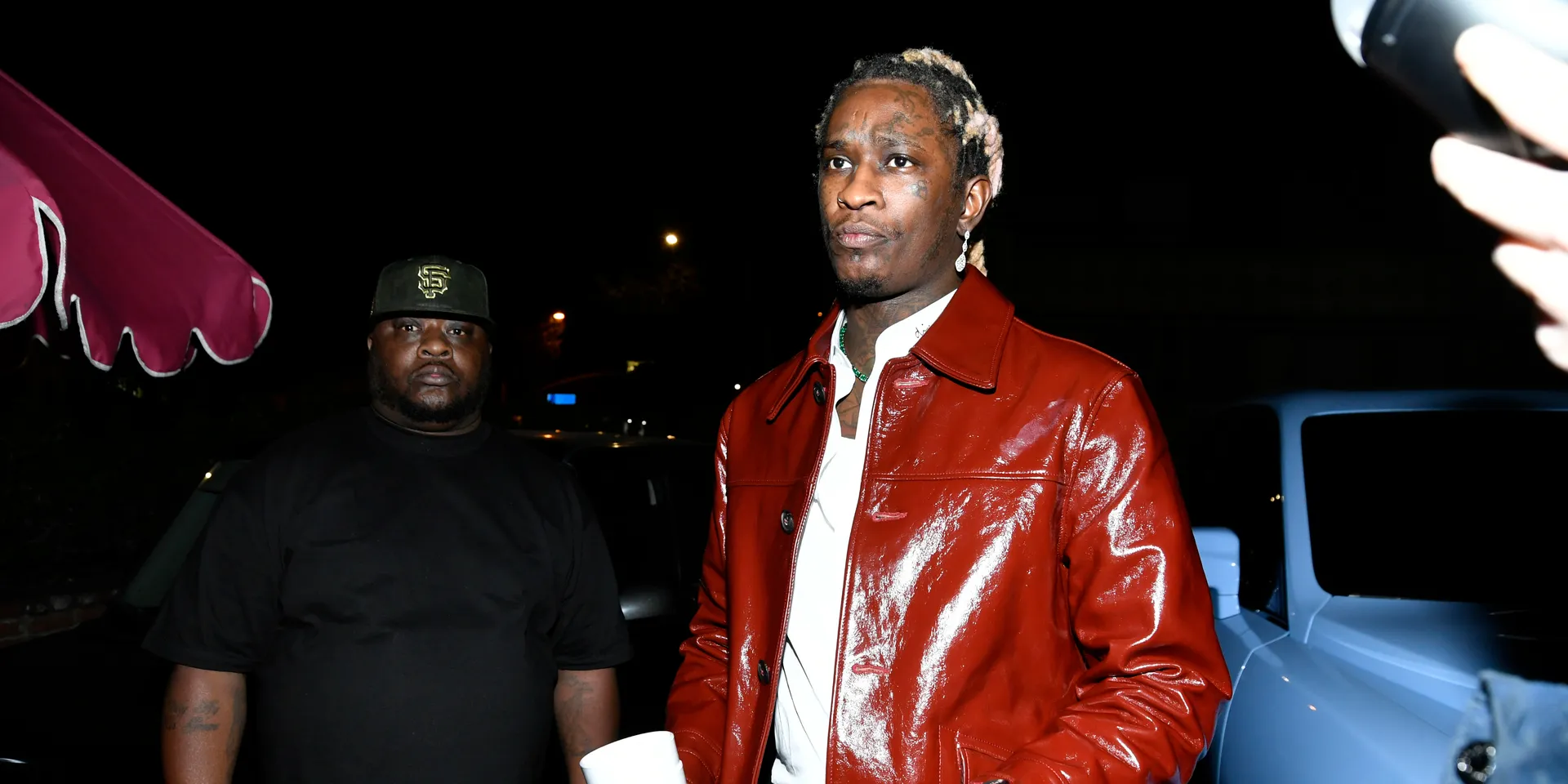Young Thug Enters Guilty Plea in YSL Case, Marking a Pivotal Moment in High-Profile Atlanta Trial
October 31, 2024
Grammy-winning rapper Young Thug, whose real name is Jeffery Lamar Williams, entered a guilty plea today in a high-profile case centered around the alleged activities of the Young Slime Life (YSL) group in Atlanta. The case has captivated public attention due to its connections with the music industry and the complex web of gang-related charges that have surrounded Young Thug and several affiliates. By pleading guilty, Young Thug has taken a significant step that could impact the future of this lengthy legal battle.
The Charges and Context
The YSL case involves multiple serious allegations, including racketeering, conspiracy, and other gang-related activities. Prosecutors claim that YSL operated not only as a record label and music collective but also as a criminal enterprise that engaged in drug trafficking, violence, and other illegal activities. Young Thug, one of the founding members of YSL, faced multiple charges under Georgia’s RICO (Racketeer Influenced and Corrupt Organizations) Act—a statute often used to tackle organized crime.
Over the past year, prosecutors have leaned heavily on the RICO framework to argue that YSL’s structure and activities were consistent with that of a criminal gang. In response, Young Thug’s defense team has continuously denied these allegations, framing YSL as a legitimate music enterprise that has produced chart-topping hits and launched successful careers, with no ties to criminal behavior.
The Guilty Plea and Its Implications
Today’s plea deal has not only heightened interest in the case but has also sparked discussions over its potential ramifications for the music industry. By pleading guilty, Young Thug is accepting certain charges, though the specific terms and conditions of the plea agreement remain undisclosed. Legal experts speculate that the plea deal may have involved a reduction in charges or a lighter sentence in exchange for cooperation with authorities. However, the extent of this potential cooperation has not been publicly confirmed.
Young Thug’s decision to plead guilty is expected to influence the fates of other YSL members who have also been charged. The court proceedings have already involved testimonies from several affiliates, and Young Thug’s plea may shift the direction of future testimonies and verdicts. Legal analysts suggest that this development may pressure other defendants to enter similar plea deals, potentially leading to further convictions or plea agreements within the YSL case.
A Major Turning Point in Hip-Hop’s Legal Landscape
The YSL case is notable for the legal scrutiny it has brought to the intersection of hip-hop culture and allegations of gang activity. Prosecutors used Young Thug’s lyrics and music videos as evidence, a controversial approach that has raised concerns among artists and fans. Critics argue that using creative work as incriminating evidence sets a worrying precedent, blurring the line between art and reality in a way that unfairly targets Black artists.
Young Thug’s guilty plea has therefore attracted a mix of reactions within the hip-hop community. Some argue that the legal system has treated him unfairly, pointing to broader issues of racial bias and the systemic targeting of hip-hop culture. Others see the plea as a necessary step in taking responsibility for his involvement, whatever its extent may be.
Impact on Young Thug’s Career and Legacy
With his plea, Young Thug’s career now faces an uncertain future. Known for hits like “Hot” and “Go Crazy,” Young Thug has enjoyed widespread acclaim for his unique style and influence within the genre. His legal troubles, however, have cast a shadow over his contributions to music, leaving fans and industry insiders wondering if he will be able to return to the spotlight in the same capacity.
Though his plea might reduce potential jail time, Young Thug could still face significant legal consequences, potentially including prison time or probation. Additionally, he may face restrictions on his future activities and a damaged reputation, both of which could affect his musical output and opportunities within the industry.
A Reflection on the Broader Implications
Young Thug’s plea in the YSL case highlights ongoing debates over the treatment of hip-hop artists in the criminal justice system. As one of the most high-profile rappers to face such charges, his case has become a focal point for discussions on racial bias, freedom of expression, and the influence of music on youth and culture. While legal proceedings continue, his plea marks a significant moment in this ongoing story, likely to have repercussions not only for his career but for the broader hip-hop community.
As Young Thug awaits his next court appearance, fans and legal analysts alike will be closely watching how his decision to plead guilty reshapes the YSL case—and its implications for the intersection of art, law, and culture in America.
